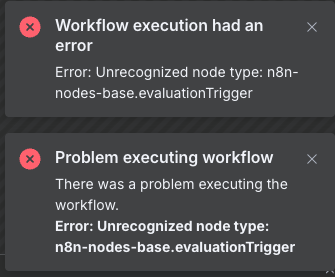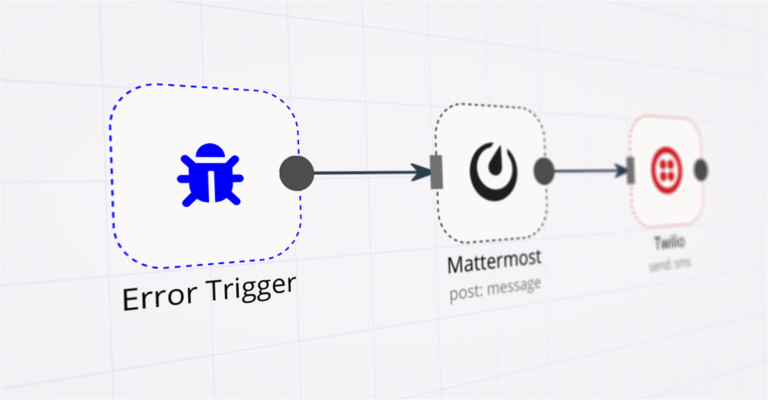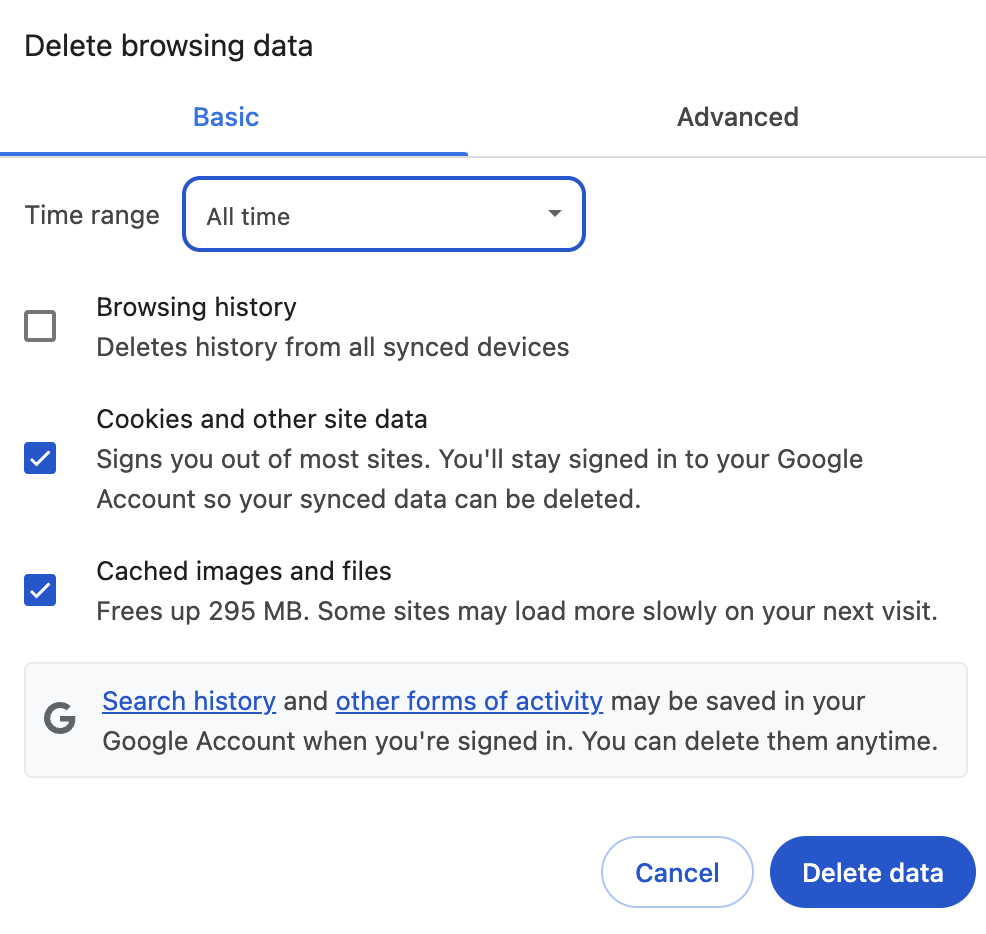.png?width=850&auto=webp&quality=95&format=jpg&disable=upscale)
Engineering plays a crucial role in the development and advancement of various industries. Prompt engineering, in particular, has the potential to revolutionize industrial applications and drive innovation in the manufacturing sector.
Prompt engineering involves the use of advanced software, tools, and technologies to streamline the design, development, and production processes. By harnessing the power of prompt engineering, industries can improve efficiency, increase productivity, and accelerate time-to-market for their products.
Benefits of Prompt Engineering in Industrial Applications
There are several benefits to integrating prompt engineering into industrial applications, including:
- Improved Design and Prototyping: Prompt engineering allows for the rapid creation of digital prototypes and simulations, enabling engineers to test and refine their designs quickly and efficiently.
- Enhanced Collaboration: With prompt engineering tools, teams can collaborate in real time, share data, and work on projects simultaneously, leading to improved communication and coordination.
- Optimized Production Processes: By leveraging prompt engineering, industries can optimize their production processes, reduce waste, and improve overall operational effectiveness.
- Faster Time-to-Market: Prompt engineering helps expedite the product development cycle, allowing companies to bring new products to market more quickly and stay ahead of the competition.
Applications of Prompt Engineering in Industries
Prompt engineering has a wide range of applications in various industries, such as:
- Automotive: Prompt engineering can be used to design and simulate automotive components, optimize manufacturing processes, and improve vehicle performance.
- Aerospace: In the aerospace industry, prompt engineering enables the design of complex aircraft structures, the development of advanced materials, and the simulation of flight characteristics.
- Manufacturing: Prompt engineering is widely used in manufacturing to automate production processes, enhance quality control, and optimize supply chain management.
- Energy: In the energy sector, prompt engineering can be utilized to design and optimize renewable energy systems, improve resource efficiency, and reduce environmental impact.
Conclusion
As industries continue to evolve and innovate, prompt engineering will play a pivotal role in driving progress and unlocking new possibilities. By embracing the potential of prompt engineering, companies can stay competitive, improve operational efficiency, and deliver cutting-edge solutions to meet the demand of the market. The future of industrial applications lies in the hands of prompt engineering, and the opportunities it presents are endless.





